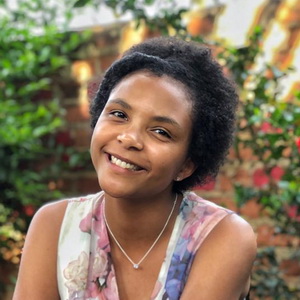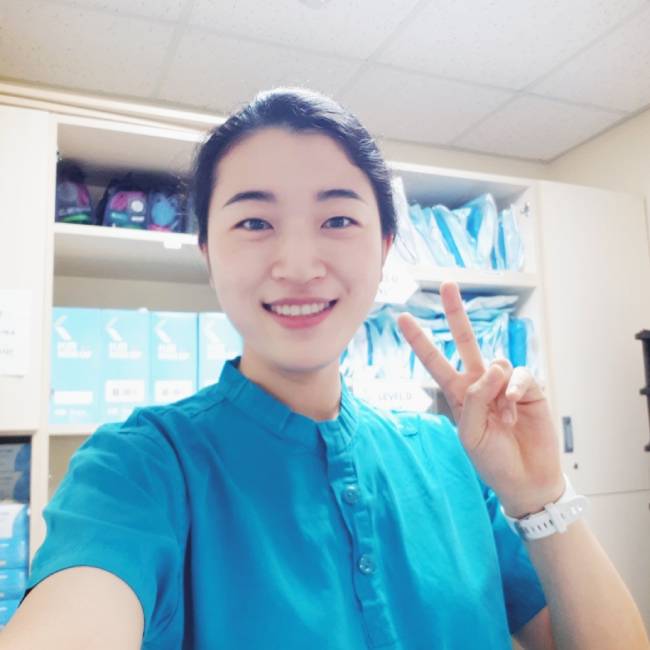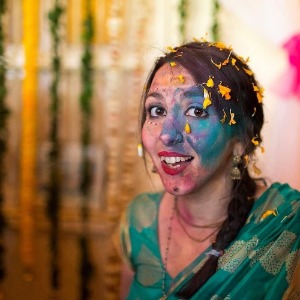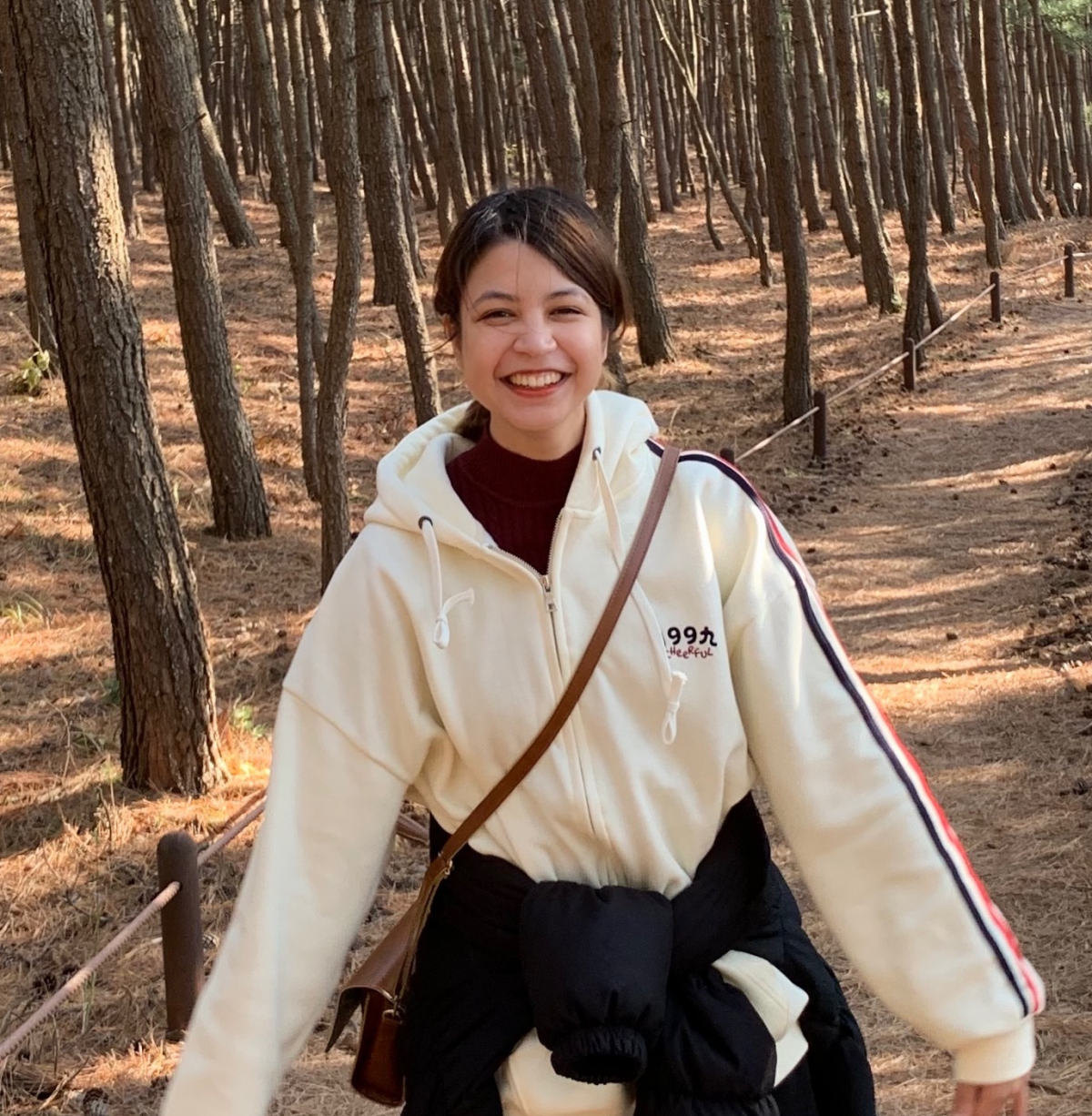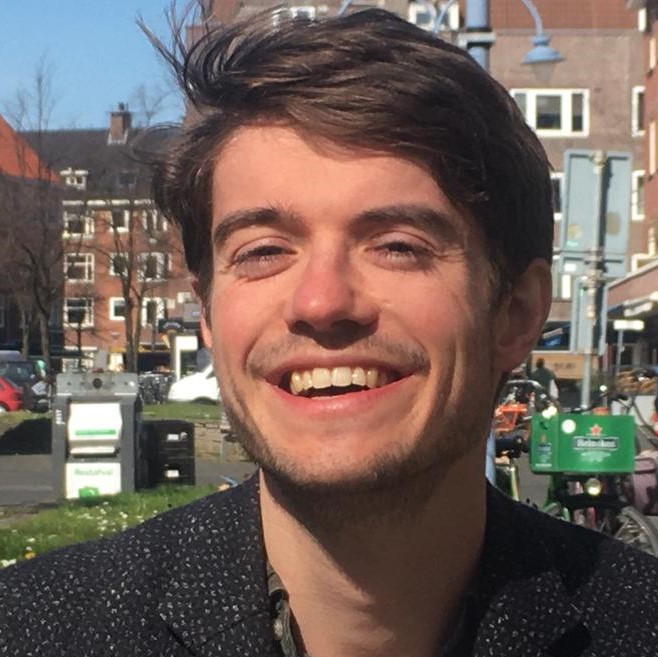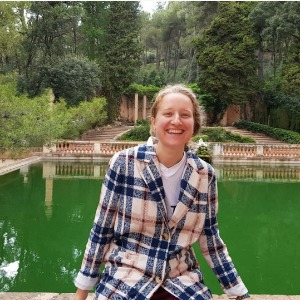Home for Corona: An Afropean View of COVID-19
As an ‘Afropean’, I see COVID-19 has brought social inequalities to the forefront; I am reminded again of the privileges and disadvantages I experience in my homes.
Uganda, Eastern Africa
Story by Anna Adima. Edited by Melaina Dyck
Published on July 4, 2020.
Reading time: 4 minutes
This story is also available in 


My homes are both East Africa and Europe. The COVID-19 pandemic caught me in Uganda, where I am weathering a strict lockdown from the safety of my family’s home. As an ‘Afropean’, I see stark parallels in social inequality on both continents. Now, COVID-19 has brought those inequalities to the forefront and I am reminded again of the privileges and disadvantages I experience in my homes.
I debate the severity of COVID in both regions with friends and family from Europe and Africa. Initially, even though the situation in Europe worsened and Uganda was under a strict lockdown with few cases, friends in Germany worried about me remaining in Uganda, citing WHO’s predictions of COVID-19 ravaging Africa.[1] Ironically, I worried about my friends in Europe, as cases rose and governments failed to take action. In March, my friends across East Africa agreed that we were much better off than people in Europe. Now, in June, the numbers tell a similar story: Uganda has far fewer cases than Europe (as of June 19th, 755 confirmed cases, with 492 recoveries, and no deaths[2]) while the UK faces an immense death toll.[3] The harsh lockdown measures largely have ensured safety from the virus; however, they have been economically devastating for many. Responses on both continents make one fact abundantly clear: Neither strict lockdowns nor voluntary social distancing measures have changed the trajectory of who will suffer most.
The origins of COVID-19 in both Europe and Africa initially made it seem to be a disease of the wealthy: Europe’s ‘ground zero’ was Ishgl ski resort in Austria.[4] In Africa, the virus was introduced by foreign tourists and Africans who can afford to travel abroad. Perversely, now the working classes of both continents are paying the price. Poor neighbourhoods in London and Kampala tell parallel stories: widespread job loss, inability to afford basic needs, and high death rates.[5] Communities who face disproportionate policing and institutional punishment have seen increased violence in the name of social distancing — from Black and Minority Ethnic (BAME) people in London, to underprivileged people being shot for violating lockdown rules in Kenya and Uganda.[6]
The pandemic is a strange crisis: the havoc it wreaks impacts everyone, while each person experiences it differently. The patterns of devastation across Europe and Africa are similar: the haves spread the disease and weather the economic slowdown, while the have-nots face more destitution and illness. As a national of two countries, I have had to make my own difficult decisions. In March, while people worldwide rushed to be home with their families, I debated whether to remain in Uganda or return to my other home in Germany. In this unprecedented global crisis, none of my homes are necessarily safe. It is also personally very worrying to observe the high infection rates among Black communities in the UK, where I am doing my PhD.[7] In the end I decided to remain in Uganda, which I know now was the right decision. The difficulty of the past couple of months was, for me, only mitigated by being with my family. Last month, for the first time in seven years, I celebrated Mother’s Day with my mother in person. Such moments of joy get me through the worst days.
Footnotes
[1] BBC (2020) https://www.bbc.com/news/world-africa-52323375
[2] Ministry of Health Uganda (2020) https://www.health.go.ug/
[3] Campbell, Perraudin, Davis and Weaver (2020) https://www.theguardian.com/world/2020/may/05/uk-coronavirus-death-toll-rises-above-32000-to-highest-in-europe
[4] BBC (2020) https://www.bbc.com/news/world-europe-52007104
[5] Austrian and Abuya (2020) https://theconversation.com/we-wanted-to-know-how-coronavirus-affects-nairobis-slum-residents-what-we-found-137621; Mohdin, A. (2020) https://www.theguardian.com/uk-news/2020/may/01/covid-19-coronavirus-newham-london-uk-worst-affected-area
[6] Dodd, V. (2020) https://www.theguardian.com/uk-news/2020/jun/03/met-police-twice-as-likely-to-fine-black-people-over-lockdown-breaches-research; Moore, D. (2020) https://www.aljazeera.com/news/2020/04/fury-kenya-police-brutality-coronavirus-curfew-200402125719150.html; Hayden, S. (2020) https://www.theguardian.com/global-development/2020/may/28/i-realised-my-body-was-burning-police-brutality-in-uganda-lockdown
[7] BBC (2020) https://www.bbc.com/news/uk-52219070
How does this story make you feel?
Follow-up
Do you have any questions after reading this story? Do you want to follow-up on what you've just read? Get in touch with our team to learn more! Send an email to [email protected].
Talk about this Story
Please enable cookies to view the comments powered by Disqus.
Subscribe to our Monthly Newsletter
Stay up to date with new stories on Correspondents of the World by subscribing to our monthly newsletter:
Tags
Topic: Coronavirus
> South Korea
Chronicles of an ICU Nurse during Covid-19: The Psychological Impact
A story by Lee Jayoung
4 min
Since last summer, I have been taking care of Covid-19 patients in need of intensive care. Here is my story about what it is like to work as a nurse during this pandemic. Read more...
> Austria
Same Same but Different
A story by Julia Schmidbaur
4 min
My generation of Austrians has never experienced truly „rough times“. Of course, we heard from our grandparents about the Second World War, about a time when Austria had to build itself up from scratch. But those were stories. Read more...
> Italy
Corona in Italy - A Dystopia?
A story by Sati Nunziati
4 min
I’m conscious that not every person is responding in the same way, fear is a side symptom of this virus, and locking down a whole country will contribute to exposing its weakness. Hearing the news from all over the world now, makes me believe that we really and truly are a global community and society facing up the same difficulties. Read more...
Explore other Topics
Get involved
At Correspondents of the World, we want to contribute to a better understanding of one another in a world that seems to get smaller by the day - but somehow neglects to bring people closer together as well. We think that one of the most frequent reasons for misunderstanding and unnecessarily heated debates is that we don't really understand how each of us is affected differently by global issues.
Our aim is to change that with every personal story we share.
Community Worldwide
Correspondents of the World is not just this website, but also a great community of people from all over the world. While face-to-face meetings are difficult at the moment, our Facebook Community Group is THE place to be to meet other people invested in Correspondents of the World. We are currently running a series of online-tea talks to get to know each other better.











